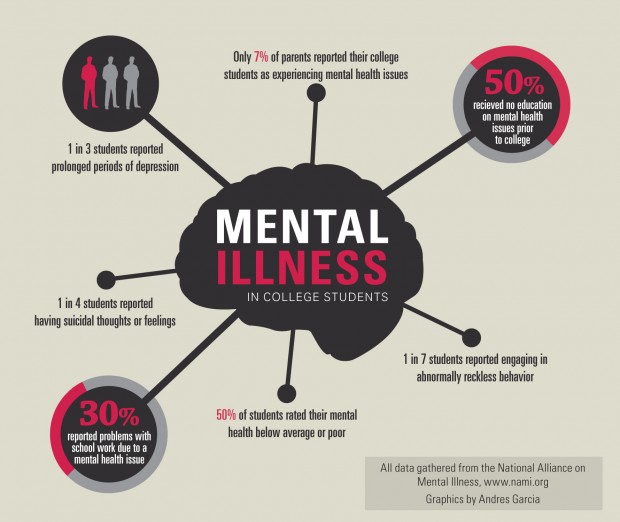
May 6, 2016, I am booked. Geez, that is advanced planning. Three hours, I have, to discuss medicating kids to mental health professionals dedicated to working with children. As usual, I expect to gain far more than I give, as this audience are folks who have spent years fine-tuning their skills to work with disadvantaged youth who struggle with coping with their circumstances. Nature and nurture will be discussed heavily, as the decision to medicate a child is never easy, simple, or straight-forward. The decision is made after a thorough history, but whose history? The parents, the child, another clinician, or all of the above? Yet, my first order of business is generating a title. I have a series of lectures which begin with Medicines for the…fill in the blank. Originally, I kept a similar title for all of my talks as a way of picturing my book on psychopharmacology for the lay public. Each talk was a chapter in my book, such that “Medicines for the Mind” was the large title and then there was “Medicines for the Female Mind”, “Medicines for the Old Mind,” and “Medicines for the Child’s Mind.” Yet, as the book has receded in my task list, and, as a patient once said to me, “you want to know about my head meds,” I began to think about changing my title. My next lecture on adult psychopharmacology will be entitled “Head Meds” but for my “kiddy talk” I will stick with “Medicines for the Child’s Mind.” I want to emphasize that the complexity of working with children is that their minds evolve as time goes on, such that all practitioners are made humble in that we never know whether we had an impact or maturation finally kicked in. I suppose the same is true of parenting. Parents take credit for “how well their children turned out,” when, in fact, it could very well be that their brain was developing in a non-linear fashion such that the child surprisingly became a responsible adult. Oh, so we return to nature vs. nurture, in which I will say that if the child does well it is nurture, and if he does not, it is nature. I hope I will get a laugh.







